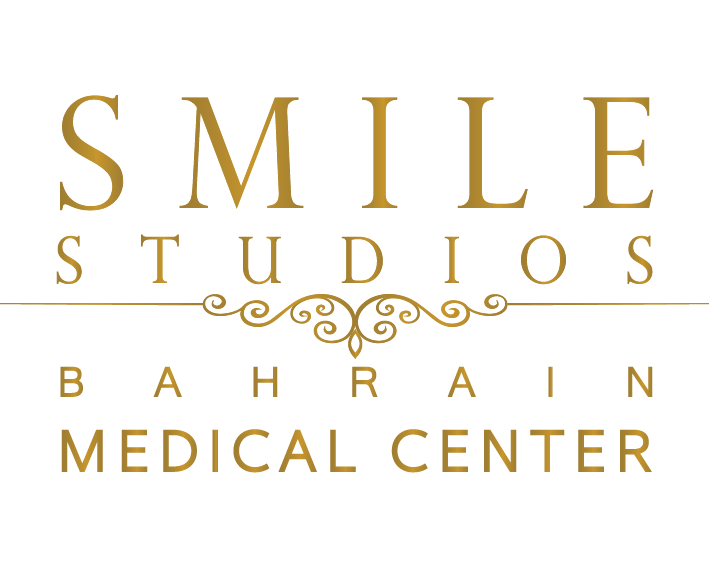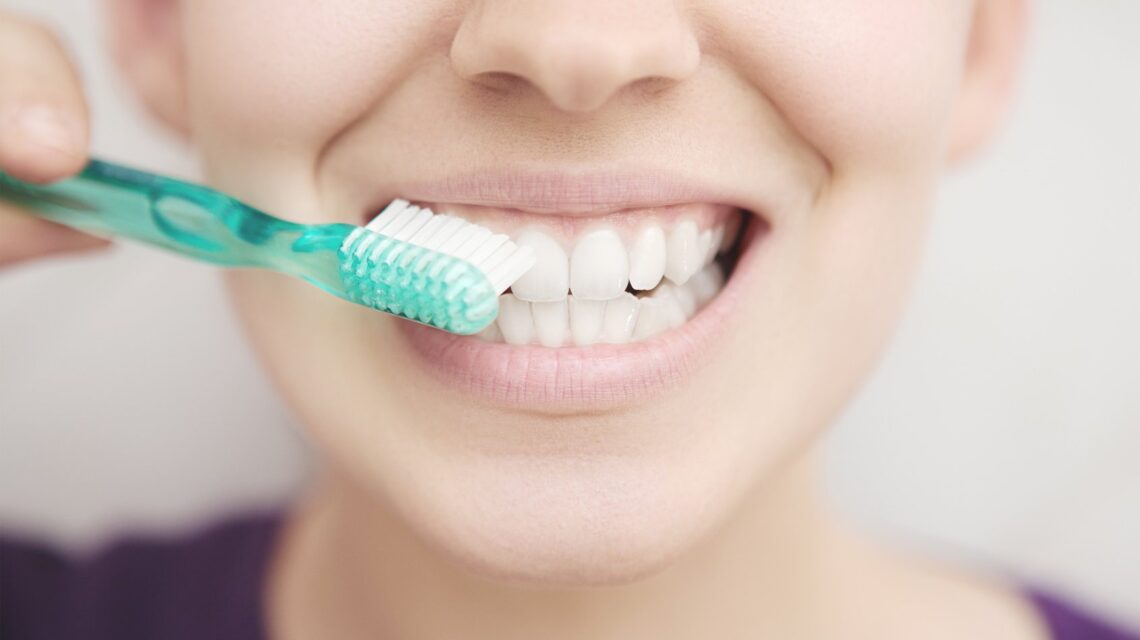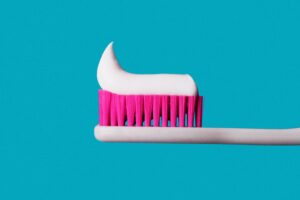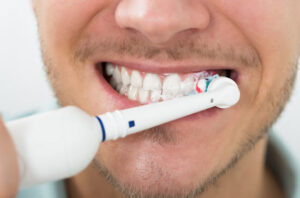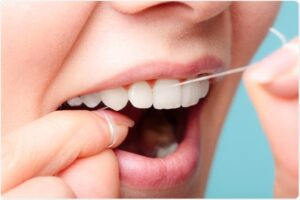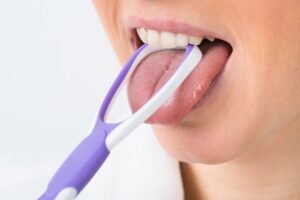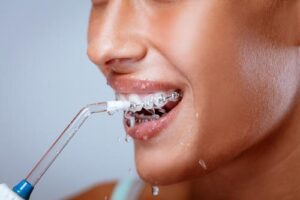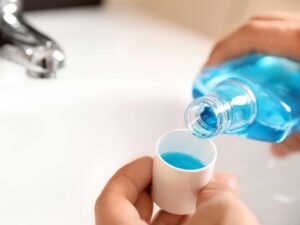Educating our patients on proper dental care is the best way to ensure long-term dental health.
Keeping good oral hygiene will maintain your mouth fresh and with a good smell, the food particles from your teeth will be removed so you will feel a very smooth surface on your teeth, prevents plaque from building up, and most importantly will lower your risk of:
- Developing cavities
- Periodontal disease (gums and bone affections)
- Tooth loss
- Weakened enamel
When it comes to good oral preventative care, is not only about having the right tools (brushes, flossers, toothpaste); it is about really using them with the appropriate frequency and technique
The following are some of the oral care tools that we recommend you to use as your daily oral hygiene habits.
1. Conventional Toothbrush & Floss
Toothbrushes come in different sizes and shapes, and start off with very small ones for toddlers, all the way up to large adult size heads. Make sure you look for a brush which shape and size easily fit into your mouth. It should provide you with enough room to easily reach all the different areas.
For more specific indications regarding the type of brush that you should be using, your dentist will always make the appropriate suggestions depending on your teeth and gums situation.
Make sure to brush at least 3 times a day, and ideally after every meal, once you wake up and before going to sleep.
Make sure to replace your toothbrush with a new one every 3 to 4 months, since when the bristles get old, they won’t really be cleaning your teeth appropriately.
2. Electric toothbrush
Alternatively, instead of using a regular bristle brush, you can try an electric brush. An electric or battery-operated toothbrush has been known to reduce plaque and gum disease better than the average toothbrush. Most electric brushes have different attachment bristles to help with different types of cleaning for your teeth. Some also have a timer that’s set to run for 2 minutes of brushing (the recommended time you should spend brushing your teeth).
The method of cleaning is the same as a regular toothbrush.
3. Dental floss
The dental flosses a cord of thin filaments used to remove food and dental plaque from between teeth in areas a toothbrush is unable to reach.
If you are uncertain about which type of floss to use, it’s best to consult your dentist first. However, here are some points you may find helpful:
- Do you have large gaps between your teeth? Try dental tape or super floss
- Do you have small gaps between your teeth? Waxed floss slides easier into tight spaces
- Want less mess? Look for disposable flossers or floss in pre-measured strands
- Braces or bridges? A spongy floss is a good option but any floss can be used if you have a floss threader
4. Tongue Scrapers
A tongue scraper is a very useful dental tool and recommended by most dentists because it helps remove bacteria, food debris, fungi, toxins, and dead cells from the surface of the tongue.
It has many benefits including:
- Eliminates bad breath by removing oral bacteria
- Boosts your overall immunity
- Lowers your risk of gum recession, gum disease, and tooth decay
- Allows you to enjoy the flavors of your food more by opening up the pores on your tongue
- Promotes saliva production, which aids in digestion.
5. Oral Irrigator
An oral irrigator is a pulsed water-jet device that is used to remove plaque and debris which cannot be removed by brushing and flossing alone. It has many benefits for
- Fresher breath
- Lower risk of gum disease
- Easier and much more effective way of cleaning between your teeth than flossing
- Improved gum health
Remember: While brushing, flossing, and using an oral irrigator are great ways to protect your oral health, it is still important to schedule regular visits to your dentist or dental hygienist in addition to your current routine.
6. Mouthwash
The main function of most mouthwashes is to freshen the breath. They DO NOT replace a regular oral hygiene routine of brushing and flossing. When choosing the right mouthwash, here are some factors to keep in mind:
- Dilute if necessary: Different mouthwash brands have different concentrations and while some may recommend you dilute them, others don’t. Always follow the instructions on the label to get the full benefit of the product.
- Mouthwash is NOT a replacement: Even if your dentist recommends a mouthwash, you still need to follow your oral care routine to maintain good dental health.
- Timing is important: One of the keys to using mouthwash correctly is to swish it in your mouth for the correct amount of time. Typically, most recommend that you use it for 30-60 seconds before spitting it out.
…From Dr. Maria Isabel and all the rest of the Dental Team at SMILE STUDIOS
Specialist Orthodontist
